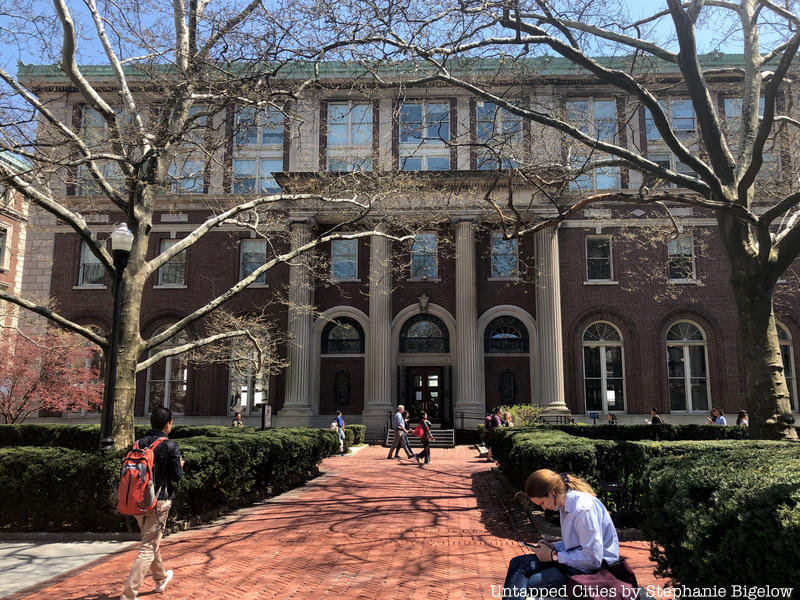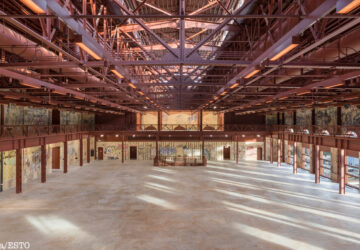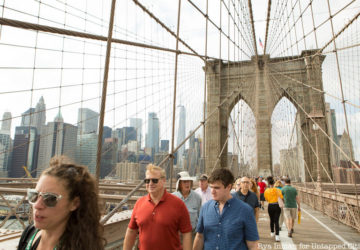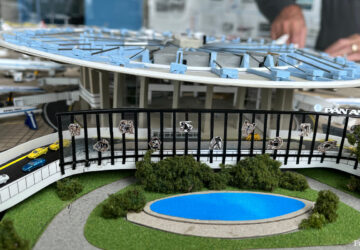
Columbia GSAPP — where Untapped Cities’ founder, Michelle Young, is Adjunct Assistant Professor of Architecture — has recently announced the formation of its new Center for Resilient Cities and Landscapes, dedicated to advancing the understanding of cities as dynamic systems. Directed by Kate Orff, Associate Professor and Director of GSAPP’s Architecture and Urban Design program, and Managing Director, Thaddeus Pawlowski, the newly created Center will work towards bridging the gap between design, science and policy. It will also focus on helping communities thrive in an “age of climate uncertainty” using a holistic and interdisciplinary approach centered around academic programming, innovative workshops and external collaborations.
“Design and planning methods are rapidly changing to face issues of climate dynamics and the need for resilient, flexible, and equitable urban landscapes. Working jointly with natural and built systems is of critical importance – it offers a way forward for communities to adapt and prepare for the future,” said Columbia GSAPP Dean Amale Andraos about the initiative.
Allied with the Earth Institute’s Climate Adaptation Initiative, the Center “will integrate resilience thinking into design education, bringing real-world challenges into the classroom to train future generations of design leaders,” the Columbia GSAAP website writes about the program. Its inaugural project, in partnership with 100 Resilient Cities (100RC), will be the creation of a Resilience Accelerator, which will focus on “high priority” resilience projects within 100RC’s network of cities. It’s being funded by The Rockefeller Foundation through a $3.7 million grant — $2.6 of which will support the Center.
Starting in spring, member cities will be able to submit project proposals for the Accelerator, which will be directed by Samuel Carter, who served as Managing Director of the Resilience Team at The Rockefeller Foundation. The two finalists, selected each semester, will work closely alongside experts, scholars and Columbia graduate students to bring their ideas to life. “We have worked with cities across the world to bring together governments, NGOs, and the private sector to initiate and find solutions to the greatest urban challenges, and now it’s time to make them a reality,” said Michael Berkowitz, President of 100 Resilient Cities.
For more information about the Center for Resilient Cities and Landscape, visit the Columbia GSAPP website, and check out 100resilientcities.org.
Next, check out 10 of the Most Exciting Sustainable Energy Projects in NYC.





